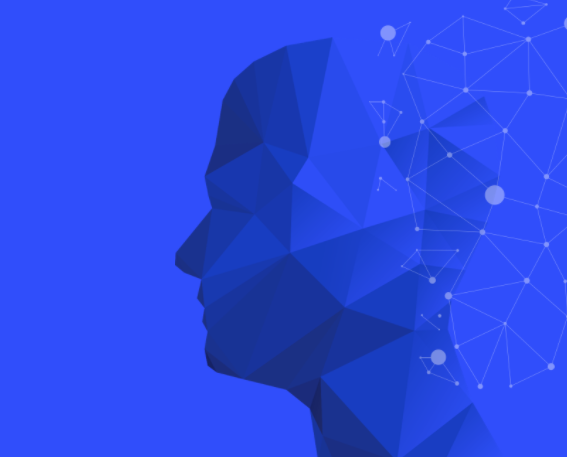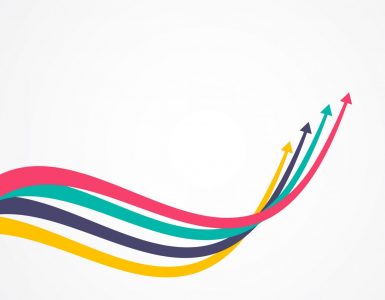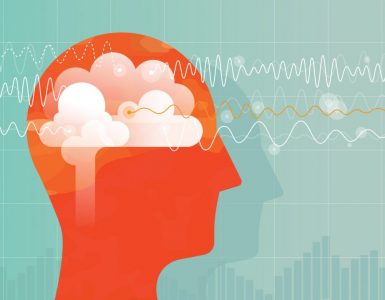There are many stories detailing a future where algorithms dictate our decisions. Some of this fear is justified. But what if algorithms also present a powerful solution for removing our biases?
We all know that human bias exists in the hiring process and that this bias disadvantages women and minorities. Recent Facebook, Google and Uber lawsuits belie the consequences of this reality. Technology, though, is neither good or bad; it only knows what we teach it. So we shouldn’t be surprised that unchecked technology – created and trained by inherently biased humans – often perpetuates our biases.
The good news is that AI is actually much more powerful than technologies we’ve created in the past.
With humans, it’s virtually impossible to truly remove our inherent biases. We have attempted to improve this through unconscious bias training, and while this effort is well-intentioned, it has been shown to be patently ineffective.
While removing human bias is close to impossible, removing it from an algorithm is not only possible but already a reality. We can engineer and train algorithms to be bias-free. We can ensure that they treat individuals from every background equally.
How is this possible? Because the output of algorithms can be trained to be replicable and pre-tested to be bias-free. Humans, on the other hand, are both unpredictable and impossible to pre-test.
The potential for AI to promote equality is profound.
Yet all we hear about is AI creating evil robot overlords that instigate dystopian futures full of inequity. Why are we so focused on portraying AI as ubiquitously negative? Look around – humanity is doing a fantastic job of perpetuating inequality without robot assistance. Actually, we could really use some AI help!
AI can be an incredibly powerful force for good. Instead of viewing AI as a dystopian overlord, think of it as a bias-reversal mechanism that can undo the powerful biases introduced by even the most well-intentioned humans. This makes it one of our most powerful tools for promoting diversity, equality, and inclusion and we are starting to see this tool being put to good use. Applied, Pymetrics, Textio, Talent Sonar are all examples of platforms using technology to reduce bias. Each of these platforms has tangibly improved diversity outcomes for companies, helping them achieve record levels of diversity across gender, ethnicity and socioeconomic status.
Pymetrics co-founder Dr. Frida Polli explains, “We started the company to bring technology to the challenge of matching people to jobs, and so take human bias out of the process”. Dr. Polli had been struck by the fact that people use great matching technology to decide what to listen to next on Spotify, or what to buy next on Amazon, and yet the technology to decide on a company’s most important asset – its people – hadn’t evolved for decades.
As Managing Director for EMEA I can tell you that Pymetrics tests all our algorithms for accuracy and bias before they ever go near a real candidate, and adjust them to ensure we are passing through all groups equally. In this way, we have helped a major financial services company move their gender balance from 25 percent to 50 percent, and Unilever has achieved record highs for diversity across gender, ethnicity and socioeconomic status in their graduate program. These results are not at the expense of talent prediction; Pymetrics clients are also claiming substantial improvements in retention and performance, and all the while the process is much more efficient meaning that candidates get feedback much more quickly, and clients have a shorter time to hire and lower costs to do so.
Blind auditions for orchestras moved the needle in female hiring from 5 percent to 25 percent.
We currently stand at 5 percent for many female roles – women CEOs, both Fortune 500 and startups, CTOs, engineers and a whole host of other male-dominated fields. What we need is the “blind audition” for the workplace.
AI can be scary, and when left unchecked it can definitely perpetuate existing disparities. However, if we are intentional about how we design it, AI can be our ultimate tool to create the kind of blindness that lets us see more clearly.











